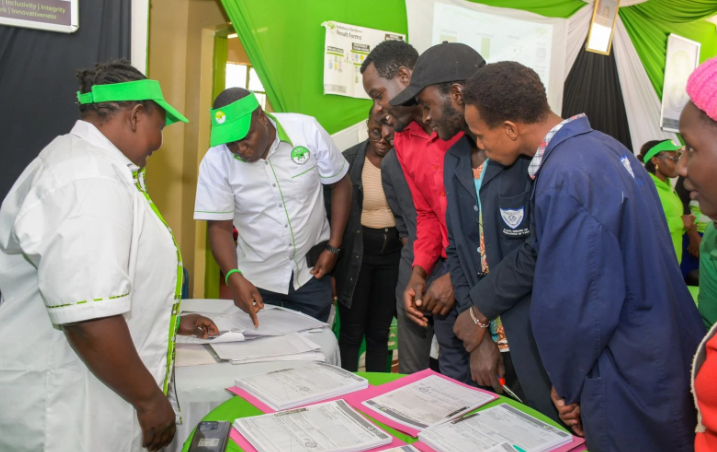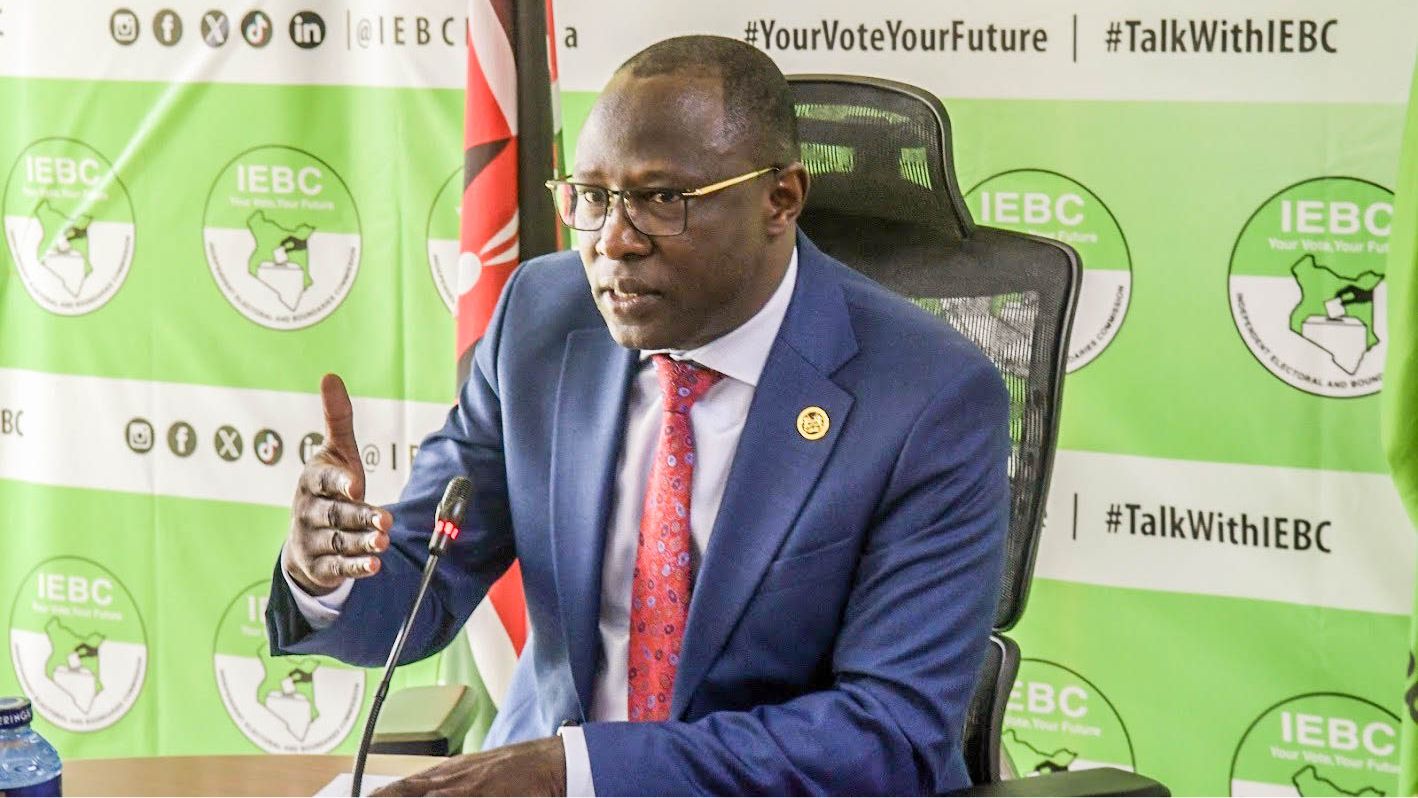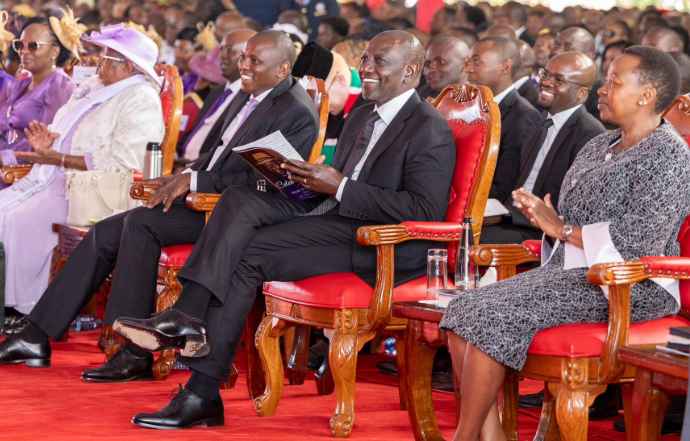A coalition of over 50 political parties has warned the recently constituted Independent Electoral and Boundaries Commission (IEBC), accusing it of sidelining them.
In a statement released on Monday, September 15, the interim chair of the political parties' caucus Dr. Augustus Kyalo Muli led the smaller parties in declaring their commitment to protecting multipartism at all costs.
The coalition has raised serious concerns about what they perceive as systematic targeting by the Office of Registrar of Political Parties (ORPP), with allegations that smaller political entities face deliberate efforts aimed at their deregistration.
Dr. Muli defended Kenya's multiparty democracy, emphasizing the sacrifices to establish the current political system.
"Multiparty democracy is not a given. It was paid for in full by Kenyan blood, and that is why we have all these political parties in existence," Muli declared, underlining the historical significance of the country's democratic journey. "Democracy must be defended by all means, and we as political parties will do so to the end," he stated firmly.
Read More
The coalition has raised specific grievances against the Office of Registrar of Political Parties, accusing it of creating barriers that prevent Kenyans from exercising their constitutional right to belong to political parties of their choice.
"It is so unfortunate that the Office of Registrar of Political Parties (ORPP) can deny political parties and Kenyans at large their right to belong to political parties," Muli lamented.

One of the most contentious issues the coalition highlights involves membership registration requirements that they argue are unnecessarily restrictive.
"As things are now, one cannot be allowed to be a political party member even if he or she has an identity card. One must be registered as a voter," Muli explained, describing this as an unfair barrier to political participation.
The coalition has taken their grievances to court, seeking judicial intervention to address what they term as systemic discrimination against smaller political parties.
"This is a matter that is currently in court and we are hoping for a favorable verdict to correct this anomaly so Kenyans can belong to a political party," Muli revealed.
This comes a day after the same group of smaller political parties intensified their campaign for equitable access to the Political Parties Fund by petitioning the National Assembly.
The coalition, led by Muli's National Liberal Party, has been advocating for amendments to Section 25 of the Political Parties Act, 2011, to ensure fairer distribution of public funding.
The current funding mechanism has been criticized for creating an uneven playing field, with the coalition arguing that the existing formula systematically excludes more than half of Kenya's registered political parties despite their compliance with legal requirements.
Under the present arrangement, only 47 of the 91 officially registered political parties receive government funding, leaving more than 50 parties without financial support despite maintaining offices and meeting compliance standards.
The parties have argued that the funding criteria are discriminatory, particularly the requirement for parties to establish at least 24 county offices, maintain a minimum of 1,000 members in each of those counties, employ staff, and develop electoral strategies without receiving any government support.





